Table of Contents
Johnson & Johnson nabs another combo approval for myeloma star Darzalex
Late last year, Johnson & Johnson widened Darzalex’s reach with some combo approvals. And now, it’s adding to that roster. The medication has snagged a green light for use in tandem with chemo drug dexamethasone and Celgene’s Pomalyst for multiple myeloma patients who have already tried at least two prior therapies, including fellow Celgene med Revlimid and a proteasome inhibitor such as Takeda’s Velcade, J&J partner Genmab said Friday. The approval comes based on a phase 1 study that showed the Darzalex regimen could trigger a response in 59% of patients, with those responses lasting a median 13.6 months. For J&J and Genmab, it’s just the latest Darzalex combo to win a go-ahead from U.S. regulators. Back in November, the team snagged a thumbs up for Darzalex—alongside dexamethasone and either Revlimid or Velcade—as a treatment for patients who had received just one prior therapy. That regulatory win both opened up Darzalex’ target population—bringing in patients who tend to stay on therapy for longer—and helped even the score between Darzalex and fellow myeloma newcomers Ninlaro from Takeda and Empliciti from AbbVie and Bristol-Myers Squibb, both of which already had FDA clearance in second-line cocktails.
Clovis plots Rubraca label expansion with new phase 3 data for its PARP inhibitor
Just months into the launch of its PARP inhibitor Rubraca, Clovis Oncology on Monday unveiled positive phase 3 results that the drugmaker hopes can win its ovarian cancer drug a big label expansion in its three-drug horse race with AstraZeneca’s Lynparza and Tesaro’s Zejula. In a phase 3 study dubbed Ariel3, Rubraca improved progression-free survival for each of three patient populations studied, meeting primary and secondary endpoints in the 564-patient trial. For the primary endpoint, investigators analyzed women with the BRCA mutation, HRD-positive patients and the entire study population. Rubraca significantly bested placebo for each of the groups. Clovis plans to submit its data to the FDA within four months, aiming for an expansion into second-line and later maintenance treatment for ovarian cancer patients. Currently, Rubraca is approved to treat ovarian cancer patients who have the BRCA gene mutation and who’ve already had two or more chemotherapies.
Novartis scores EU approval for biosim of Roche’s blockbuster Rituxan
Roche faces bad news today for its third-top selling drug Rituxan after its cross-town rival Novartis won European approval for its biosimilar. Rixathon, the copy from Novartis’ Sandoz unit, was approved to treat both blood cancers, including non-Hodgkin’s lymphoma, and immunological diseases such as rheumatoid arthritis. Sandoz follows Celltrion into the market, which in February won approval of its Rituxan biosimililar, Truxima. For Novartis, Rixathon is the fourth biosimilar approved in Europe and one more step in its plan to be a dominant player in the the field. It was the first to win approval of a biosimilar in the U.S. and has plans to have 11 biosimilar regulatory filings in the can by the end of this year, including Rixathon in the U.S.
Seattle Genetics stops all trials of ’33A blood cancer drug after patient deaths
Seattle Genetics has called a halt to all clinical testing of vadastuximab talirine (SGN-CD33A) after seeing a higher rate of patient deaths with the drug in a phase 3 trial. Several earlier-stage trials of the CD33-targeting antibody-drug conjugate were halted by the FDA last December on safety concerns, mainly relating to possible liver toxicity. Now, the CASCADE registration study in acute myeloid leukemia (AML) and another phase 1/2 study in myelodysplastic syndrome have also been stopped, leaving the program looking decidedly shaky and driving the company’s shares down more than 11% premarket. There was no evidence of liver damage in CASCADE, but a higher rate of deaths—including fatal infections—were seen with vadastuximab talirine compared to placebo in the study. It’s a big blow to the company as well as AML patients and their carers, particularly as data reported at the American Society of Hematology meeting last December showed a complete remission rate of 70% with the drug.

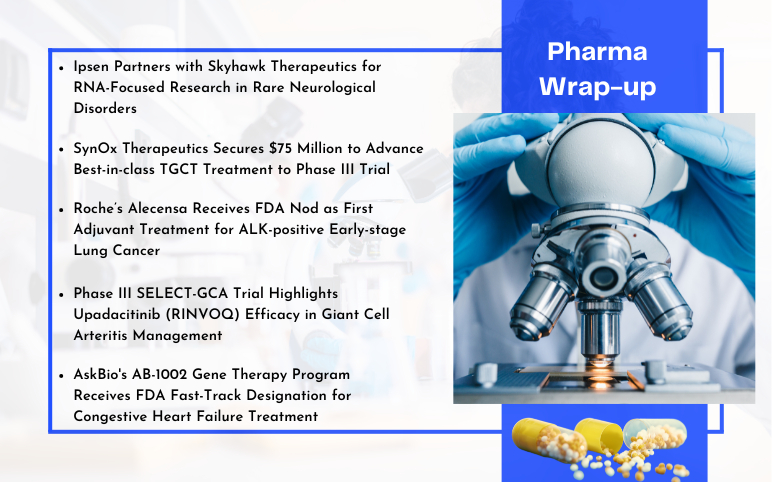
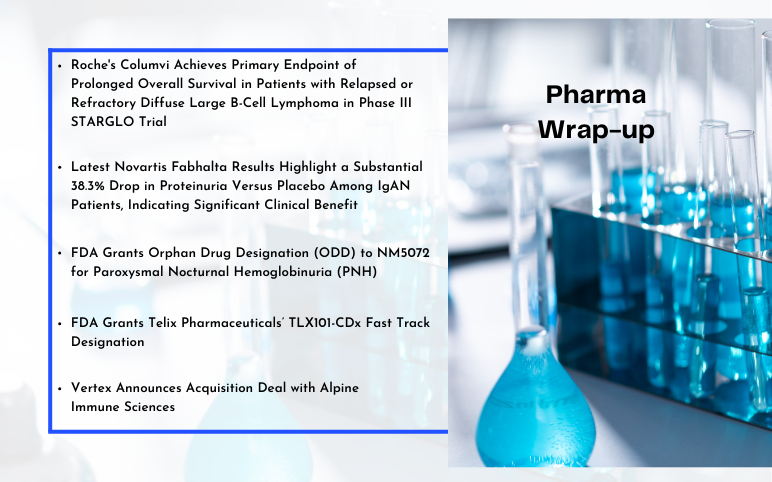
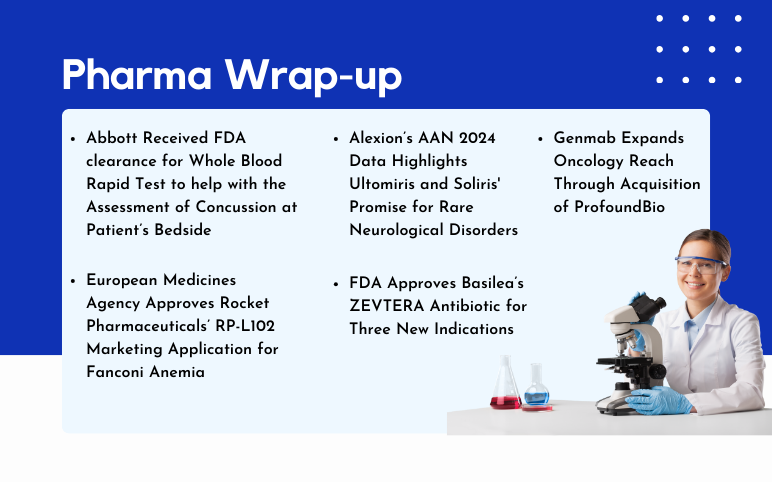

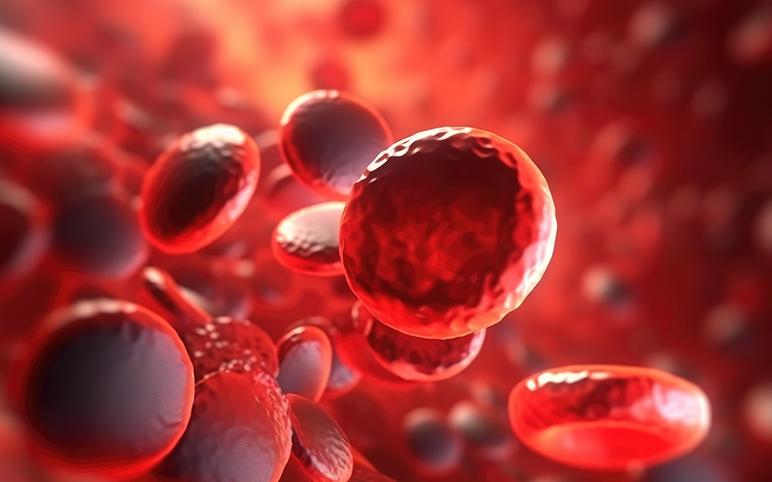
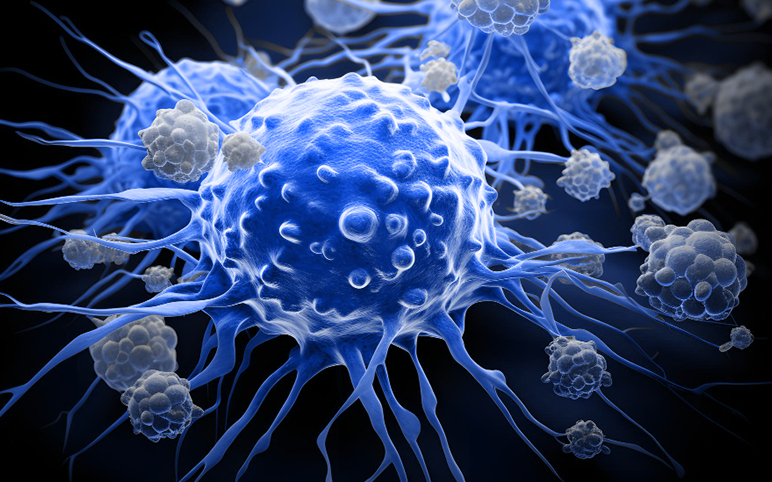


-Agonist.png)


